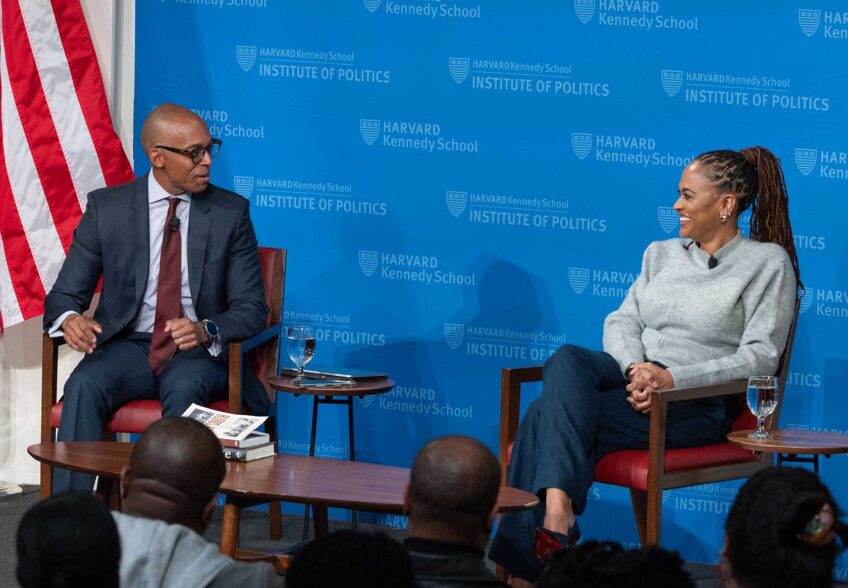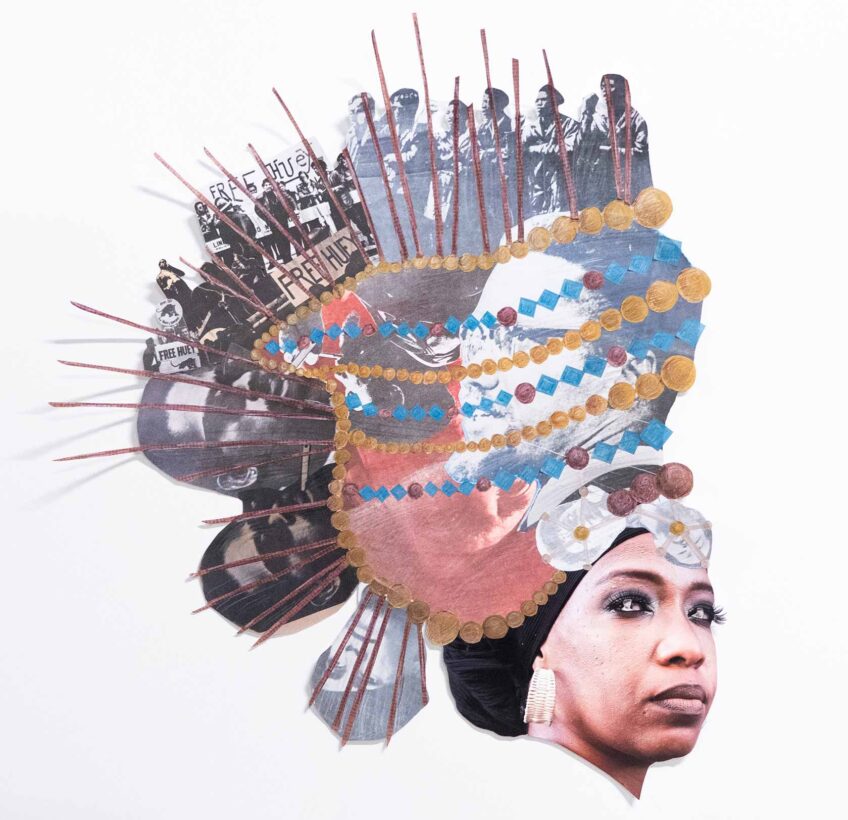Ignorance is bliss — and other lies
Artist Walid Raad rights cultural wrongs at the ICA
Ignorance is a powerful weapon in an age where Donald Trump is a political frontrunner and internet comment sections are more crowded than Disney World. Lebanese artist Walid Raad confronts misguided conceptions of Arab nations in his exhibit at the Institute of Contemporary Art, on view through May 30. The multi-layered exhibit features several walls of photographs, a video piece and a walk-through installation that comes accompanied by a 55-minute presentation recorded by Raad himself.
“Let’s be honest, the weather helped,” a series of collages, opens the show. Each work features a photograph of a location, sketches of the anatomy of a bullet and round, colorful stickers. The stickers signify where Raad found bullets on the photographed site. With some research, Raad discovered that the colored lines on the bullets indicated manufacturer and country of origin. These are the colors he uses to pepper his collages. The effect is unnerving. In some cases the collages are aesthetically beautiful, showers of dots coloring a bleak, war-torn landscape. But the knowledge that the stickers represent bullets brings a sinister edge to the work.
Pliable truth
A number of the photographs and a video piece are presented as being part of the Atlas Group Archive, a project that compiles cultural remnants from the Western hostage crisis in Lebanon during the civil war. This is an entirely fictional recreation of a historical period, and Raad goes as far as to attribute the works to imaginary artists who documented these events. Raad comments here on how easily historical accounts can be manipulated, especially once the media gets involved. When it’s so easy to create a convincing fiction of an event, how can we know what historical “truth” really is?
“Hostage: The Bachar Tapes” is a fictional documentary about a man named Souheil Bachar, who was supposedly held captive with a group of Westerners during the war. Bachar speaks in front of the camera for some time about his experience with abuse, violence and captivity during this period.
“Each man experiences captivity in his own way,” the actor playing Bachar says into the camera. These are exactly the kinds of testimonies that emerged from the crisis in the early ‘80s and ‘90s. But by using a man who’s theoretically local, Raad points out the discrepancies in a story that revolved around Western hostages only.
Walk-through installation
In the walk-through installation, Raad turns his cultural criticism onto the art world. When museums, art fairs and galleries swept into Arab countries, the creators categorized the artwork they found there into generic groups. Arab art was “Islamic,” “Modern,” or “Contemporary” and nothing else. This is a sharp contrast to the dozens of categories for Western art, which is carefully separated to represent different time periods and styles. In this way, Westerners were creating their own version of Arab art history.
Raad’s work is sharp, critical and at times comical. It’s extremely complex, as are the histories and artworks that he feels have been appropriated and re-styled by ignorant outsiders.

![Banner [Virtual] Art Gallery](https://baystatebanner.com/wp-content/uploads/2024/05/Breathe-Life-4-ToGetHe_WM-150x150.jpg)


![Banner [Virtual] Art Gallery](https://baystatebanner.com/wp-content/uploads/2024/05/Breathe-Life-4-ToGetHe_WM-848x751.jpg)

